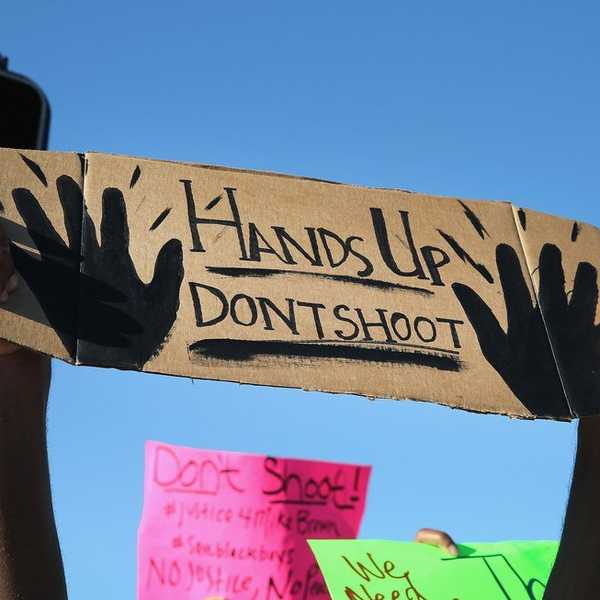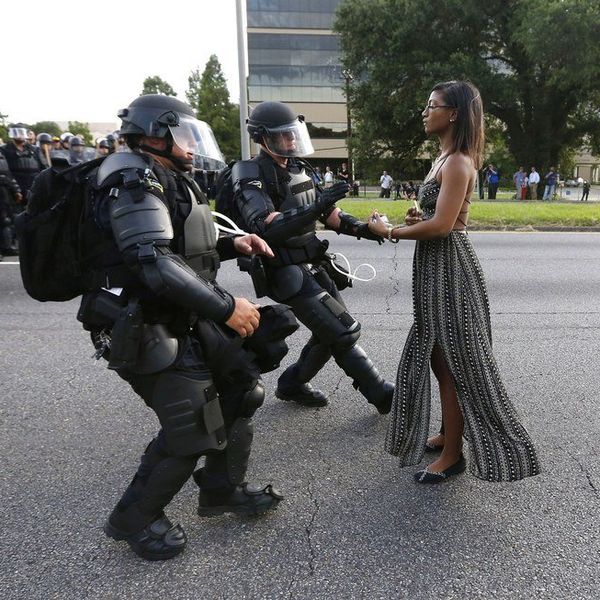Let's face it: Police brutality exists. We've seen it happen to all races (we know it's not only black people getting harassed to those that are tired of hearing black people talk about it).
Now that we've gotten that old hag out the way, let's also face something else. Police brutality happens to a larger percentage of black people out of all black people than any other race in the U.S. I say "out of all black people" because the highest percentage of people killed by police, by race, are white people (49 percent for white people and 30 percent for black people, to be exact); however, whites make up 63 percent of the U.S. population, while blacks make up just 12 percent. With this data, it is obvious that blacks deal with police brutality, in comparison to all black people in the U.S., more than any other race in the U.S. (though there is no direct statistical evidence). Now, continuing on this information, I want to explain why anybody that says anything similar to, "There are black people getting killed by black people all of the time in Chicago, Detroit, etc. Why are you black people protesting over police brutality and not that?" need to think before they speak.
Look, it's actually very simple and obvious: crime happens among people of the same race in the U.S., no matter what (obviously it could be stopped by a socioeconomic restructuring, but that's another topic). There are many statistics out there in the world, but according to the FBI, whites get killed by whites 82 percent of the time and blacks get killed by other blacks 90 percent of the time. I would use data from crimes of other races, but there is not significant data I could find on that from legitimate sources. These statistics are very close, but why don't I ever see white people getting asked, "Where's the rage for white on white crime?" The reason is because, like I said before, people know that crime happens among people of the same race in the U.S., no matter. The people—and it's not only white people—who ask black people this question are only subverting attention away from the police brutality. It's the same situation with #alllivesmatter (you wouldn't start writing #AllDiseaseVictimsMatter on a twitter page for cancer survivors, right?). And to set the record straight, there actually is rage over black on black crime from black people and there have been many protests by black people about it. However, there is not nearly as much rage over police brutality, and I will tell you why.
Guys and gals, I don't need a huge paragraph to write this obvious statement: There is more rage over police brutality than there is black on black crime because police are supposed to protect us. The reason why black on black crime and white on white crime is so high is because people of the same race live with each other and see each other the most. Is that so hard to understand? There is already crime, and we, as black people, expect the police to protect us. But now, we have to worry about the police killing us, on top of the crime we already do have? This is why there is so much rage over police brutality.
So next time you get mad at a black person, or anybody, complaining about police brutality, remember this article.





















